

Max Davies
5 Days Ago
Do lower emissions correlate with more expensive cars? If you look at a new study commissioned by Europe's carmakers, the answer is yes.

Contributor
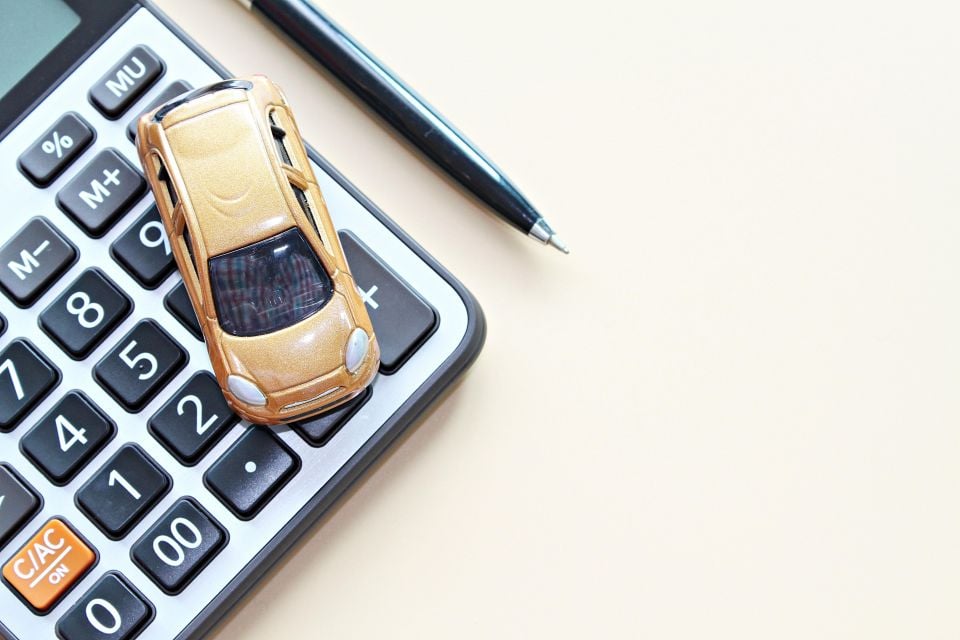

Contributor
The move to super-stringent Euro 7 emissions standards will make new cars significantly more expensive to manufacture, according to a new study.
A study commissioned by the European Automobile Manufacturers Association (ACEA) found technology required to meet Euro 7 emissions standards will make new cars around €2000 ($3300) more expensive to build – significantly more than the €180-450 figure quoted by the European Commission when it announced the strict rules.
These estimates relate to the cost of building cars, rather than the cost that will be passed on to consumers.
Euro 7 rules mandating the emissions from tyre abrasion are likely to make tyres more expensive, and the cost of making low-end city cars meet these stringent standards has brands ready to axe their most affordable vehicles, meaning the final cost of these standards to consumers may be significantly higher than the €2000 manufacturing cost.
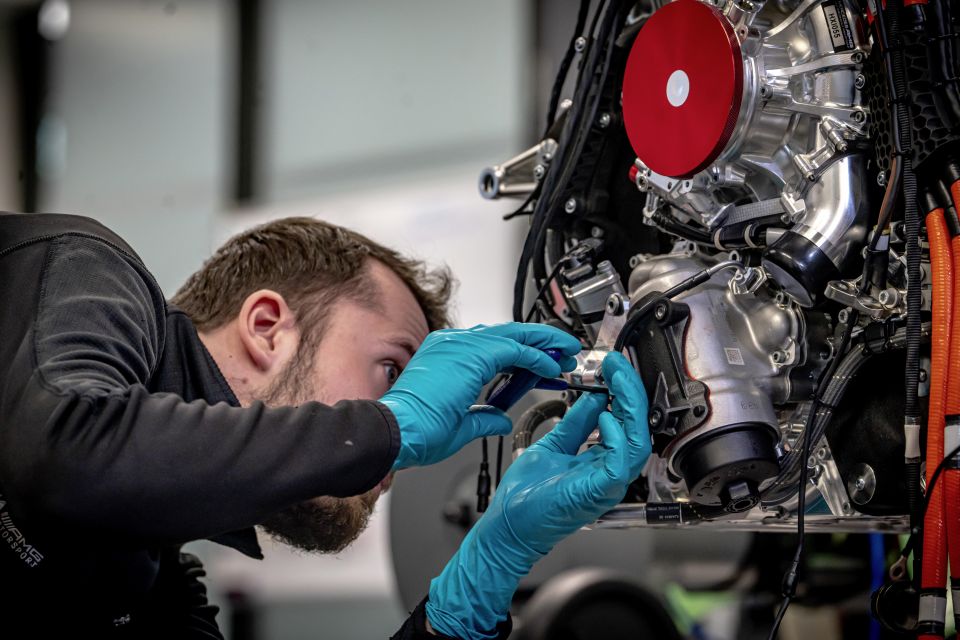
The Euro 7 standards, which will be applied to both petrol and diesel vehicles equally, are intended to cut nitrogen oxide (NOx) emissions by 35 per cent and lower tailpipe particulates by 13 per cent compared to the previous Euro 6 regulations.
Proposed amendments for Euro 7 include expanding real-driving emissions (RDE) testing and introducing continuous monitoring of emissions through onboard technology.
Additionally, the regulation would encompass emissions from tyres, exhausts, and brakes.
Carmakers have been vocal in their opposition to Europe’s plans to these standards, so it’s unsurprising to see their peak body in Europe commission this research.
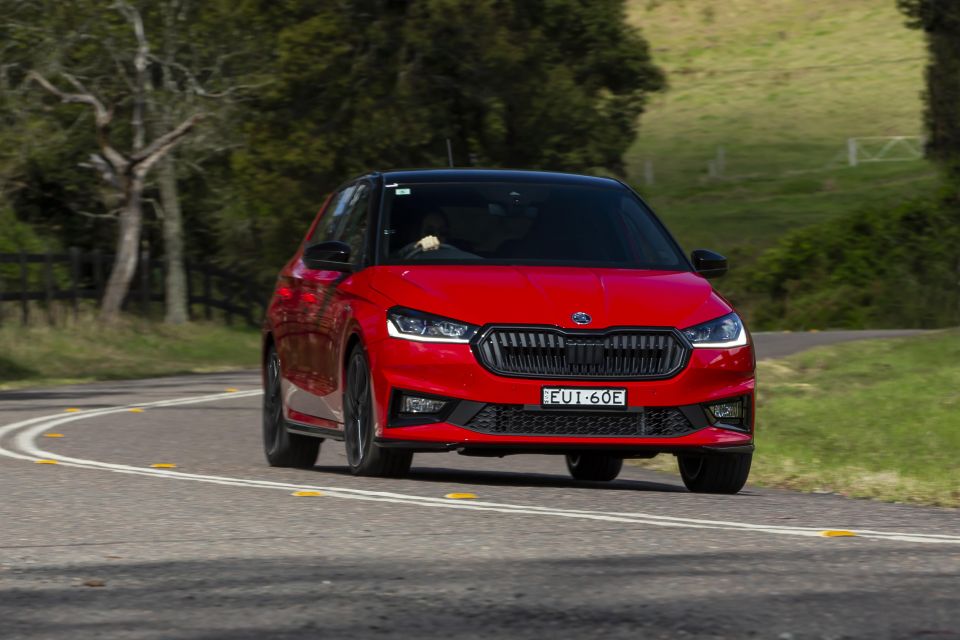
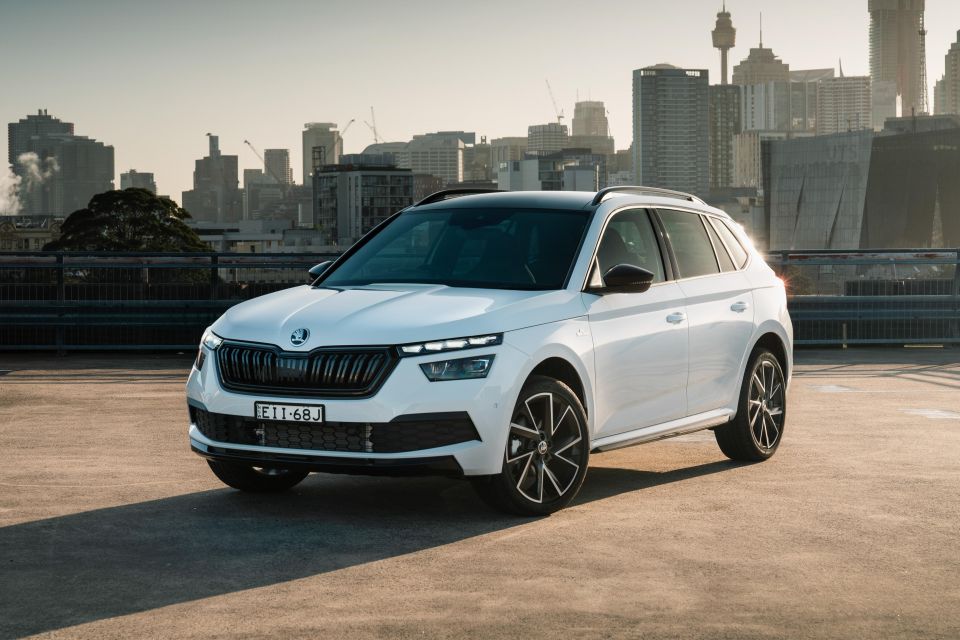
Skoda has said they will make it prohibitively expensive to produce and homologate models like the Kamiq, Scala and Fabia, while Volkswagen and Hyundai have said tighter rules could spell the end of the Golf and petrol-powered N models respectively.
Some European lawmakers have also pushed back against the standards.
Italy along with a number of other European nations are prepared to block the implementation of stricter Euro 7 emissions regulations, according to Italian transport minister Matteo Salvini.


He criticised the proposed Euro 7 regulations during an automotive dealer conference in Verona earlier in May, in remarks reported by Reuters, describing it as “clearly wrong” and environmentally unhelpful when considering the larger goal of electrification.
“Italy, with France, Czech Republic, Romania, Portugal, Slovakia, Bulgaria, Poland and Hungary, has the numbers to block this leap in the dark,” he said.
“We’re now a blocking minority, we want to become a majority.”
Scott Collie is an automotive journalist based in Melbourne, Australia. Scott studied journalism at RMIT University and, after a lifelong obsession with everything automotive, started covering the car industry shortly afterwards. He has a passion for travel, and is an avid Melbourne Demons supporter.


Max Davies
5 Days Ago


James Wong
4 Days Ago


Matt Campbell
3 Days Ago
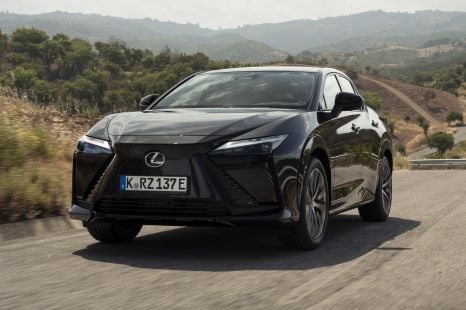

Matt Robinson
1 Day Ago
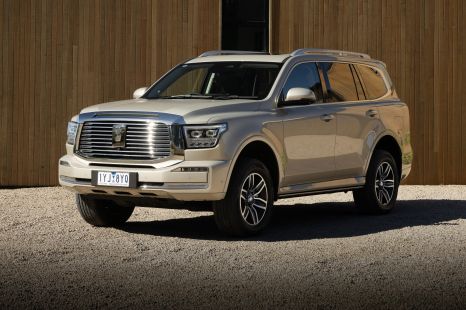

William Stopford
19 Hours Ago
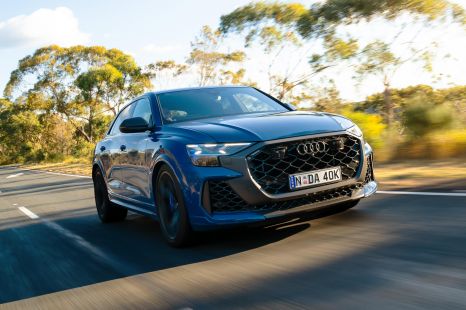

James Wong
4 Hours Ago